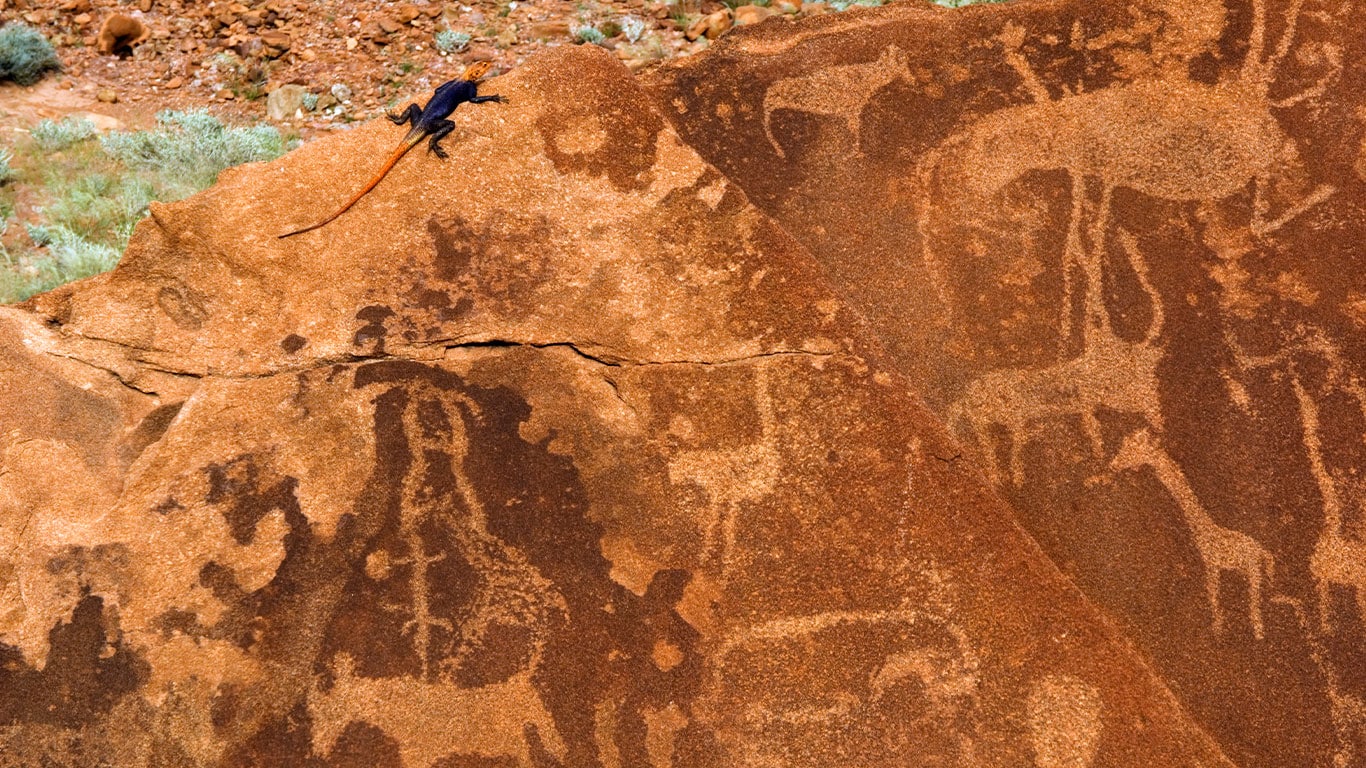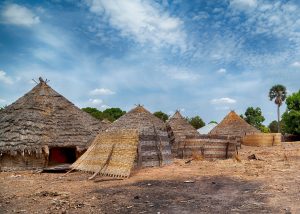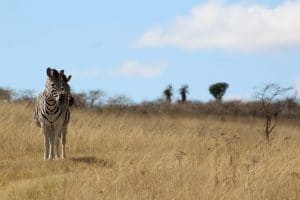Celebrating Africa Day by Creating an African Agenda for Environmental Conservation
By Resource Africa
Africa Day is celebrated on the 25th of May each year, celebrating the beauty, diversity and immense potential of our continent. There is no better time to craft an African environmental conservation agenda that is led by Africans, for Africa.
While policies must fall in line with multilateral environmental agreements that African Union (AU) member States have signed, there is much scope for ‘Africanising’ the implementation of such agreements. In particular, Indigenous peoples, local communities, and African civil society organisations (CSOs) must form lasting, collaborative partnerships with African governments. Further, Africans in all of these sectors can learn from and support one another by sharing best practices that work for Africa.
The African CSOs Biodiversity Alliance (ACBA) thus welcomes the AU Commission’s timely high-level conference from 30th May to 2nd June 2023 in Addis Ababa, Ethiopia. This is a golden opportunity for non- state actors to assist its member States with implementing the outcomes of two multilateral environmental agreements: the Convention on International Trade in Endangered Species of Wild Fauna and Flora (CITES) and the United Nations Convention on Biological Diversity (CBD).
CITES concluded its 19th Conference of the Parties (COP19) in Panama City, Panama on the 25th of November 2022. Less than a month later, on the 19th of December 2022, the 15th Conference of the Parties (COP15) for was concluded in Montreal, Canada. The most significant outcome of the latter negotiations was the Kunming-Montreal Global Biodiversity Framework (GBF) that set the global conservation agenda for the next decade.
The CBD’s GBF and CITES are closely linked through the sustainable use of plants and animals. Implementing CITES outcomes thus fall within the remit of multiple targets in the GBF. ACBA members view sustainable use as the key to unlocking Africa’s potential for both economic and environmental prosperity.
Rather than relying on external philanthropy to drive conservation in Africa, state and non-state actors should look to develop strong wildlife economies that enhance sustainable development. ACBA members were actively involved in both CITES COP19 and CBD COP15, campaigning for outcomes that support sustainable use of wildlife and development on the continent.
ACBA members are particularly concerned that local communities, Indigenous peoples, youth and women are supported and recognized by CSOs and national governments as partners in biodiversity conservation. Efforts to conserve the environment will be fruitless if they are enforced in a top-down manner that ignores the rights and agency of local actors in favour of international interests.
As we celebrated Africa Day this year, we reflected on the agency, knowledge and expertise found within our culturally and biologically diverse continent. We urge AU member States participating in the forthcoming meeting to bring the spirit of African innovation and resilience into their discussions on how best to conserve our environmental heritage for present and future generations.



